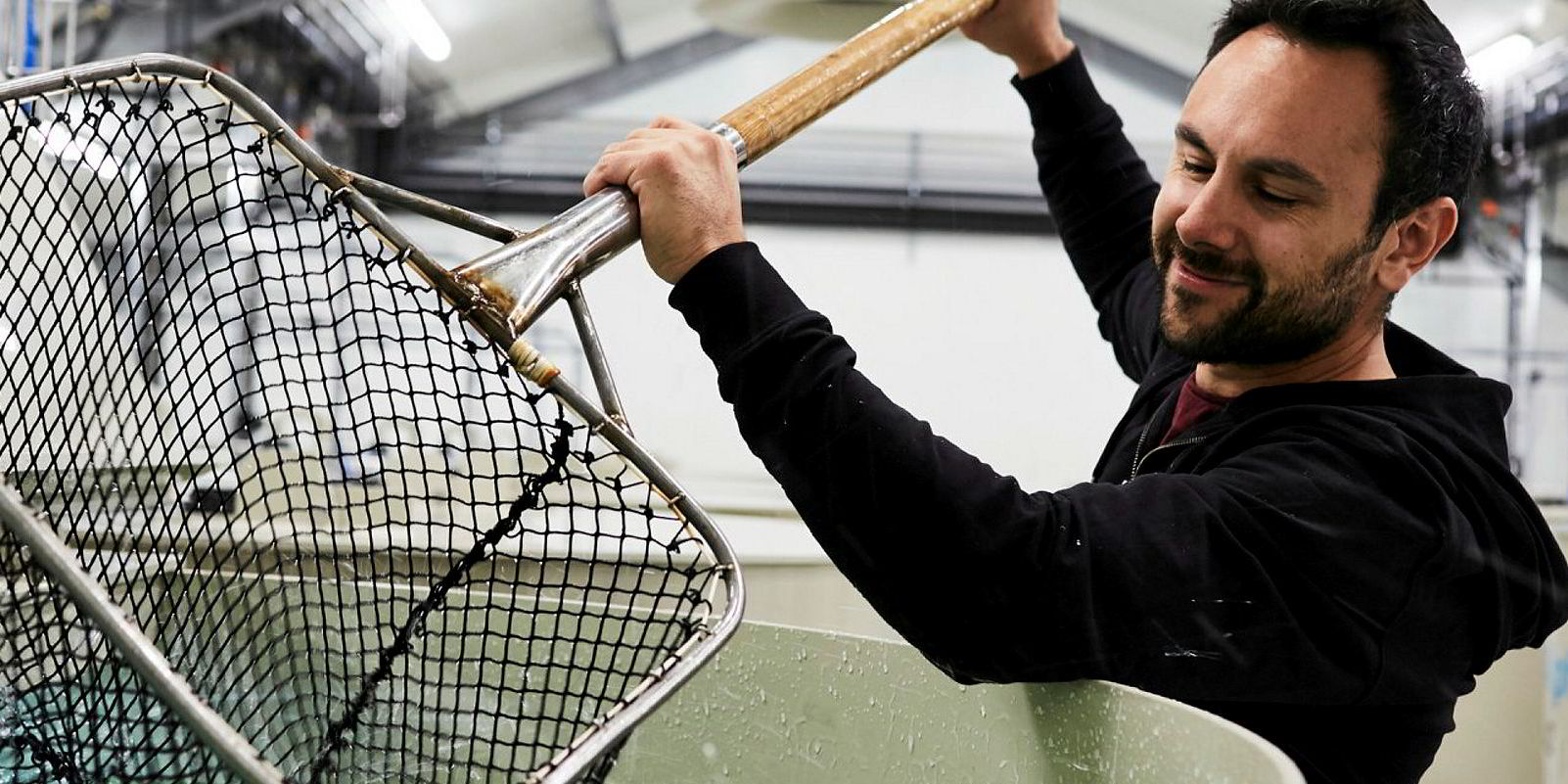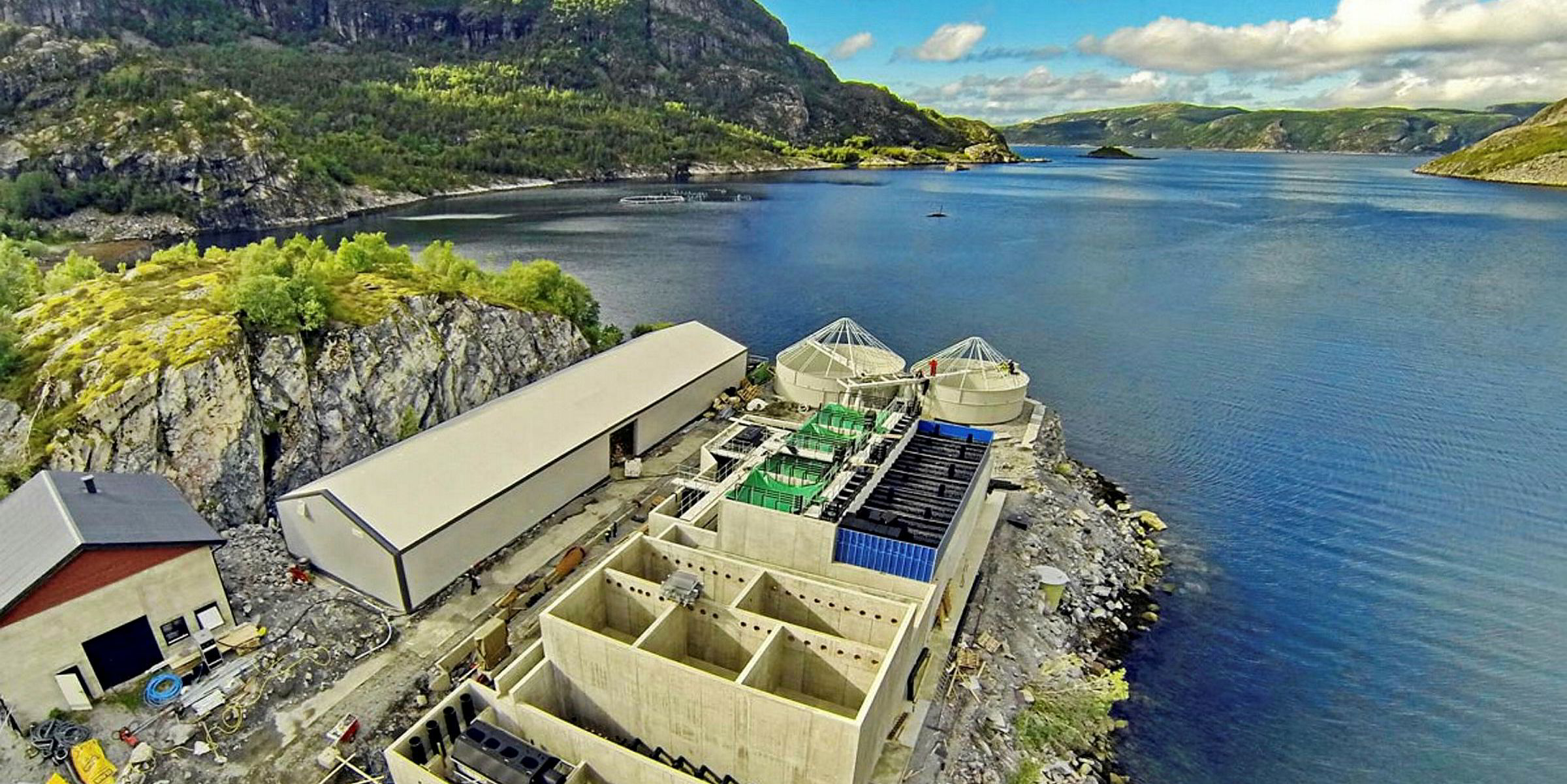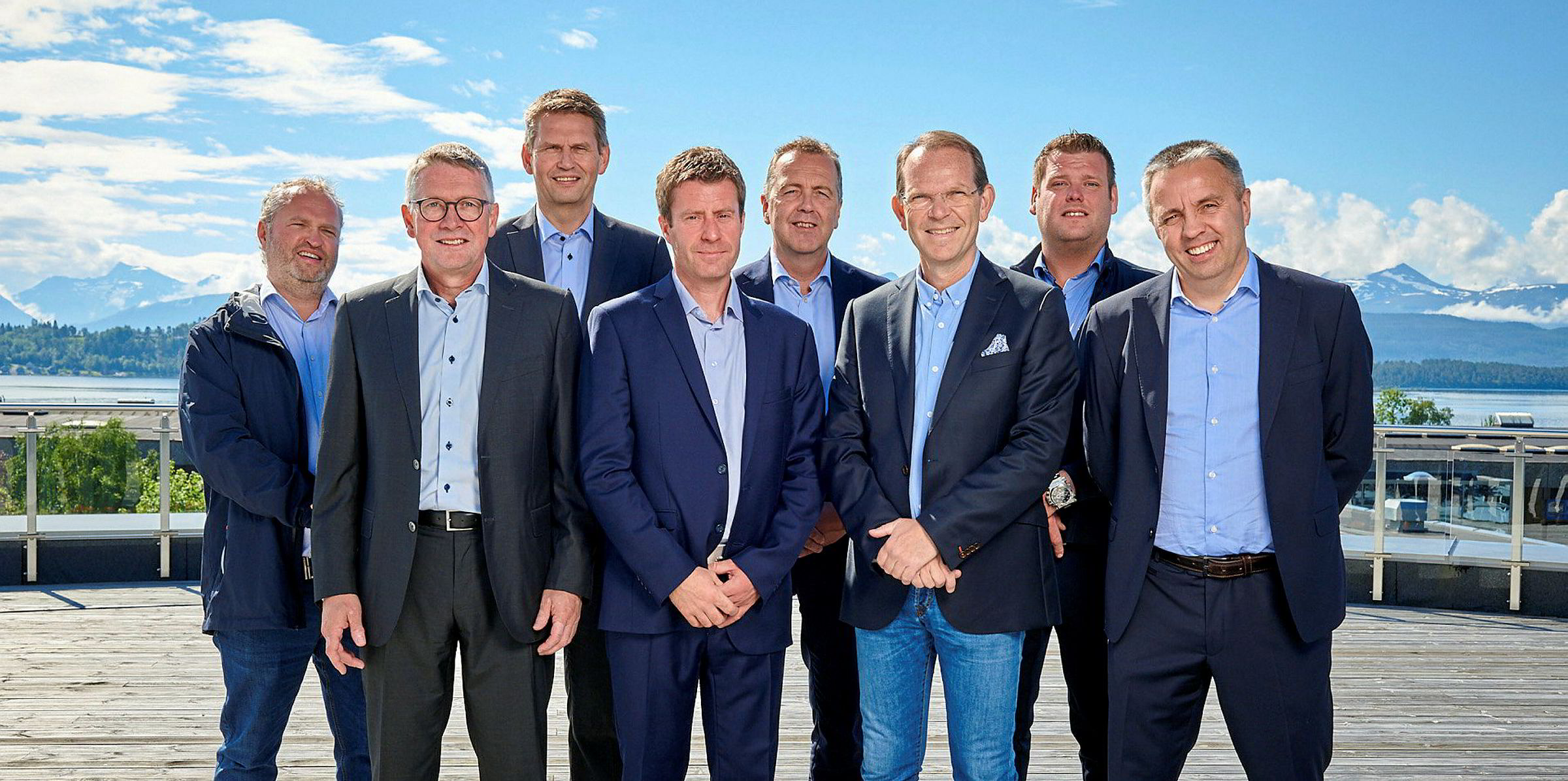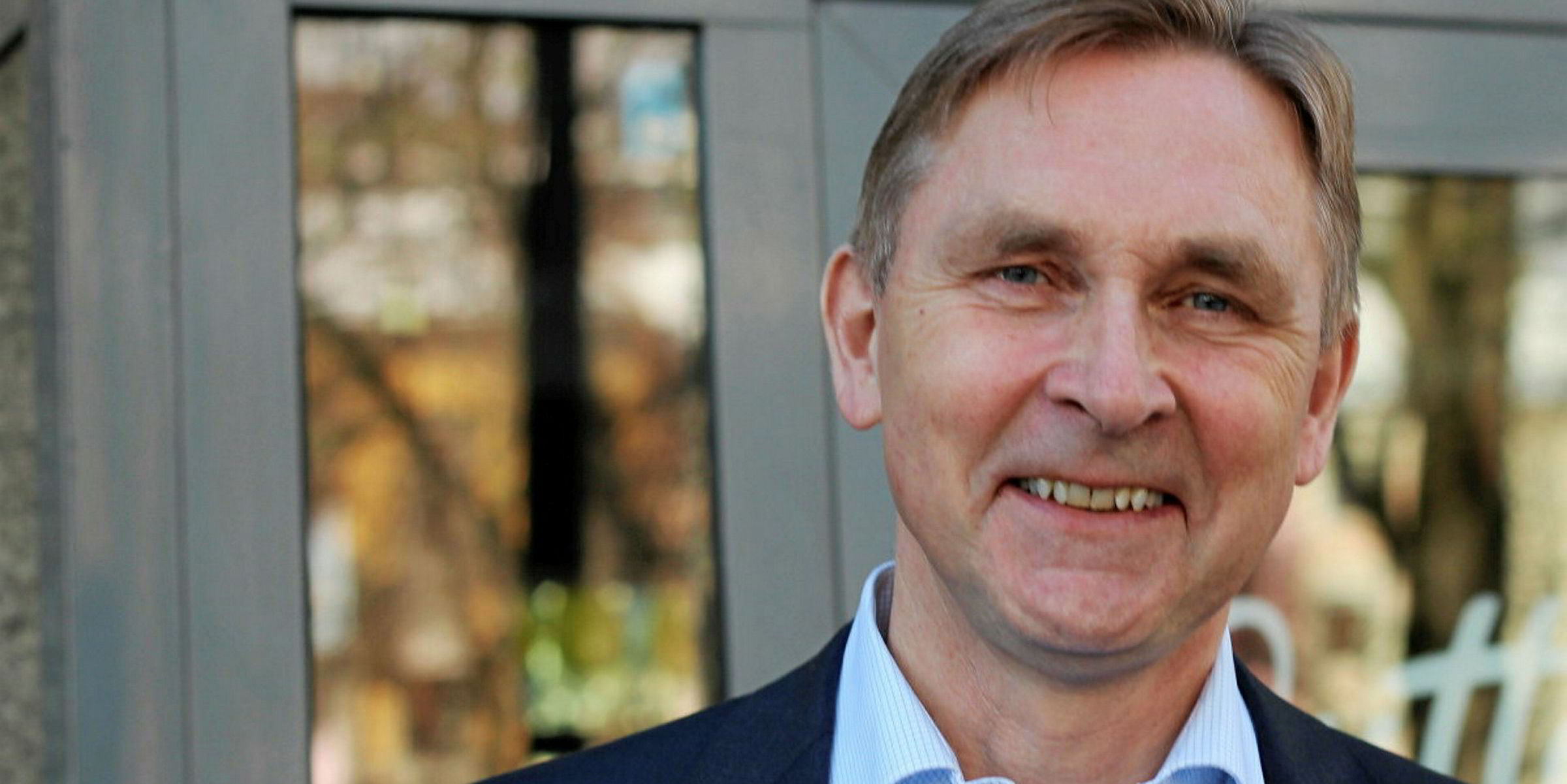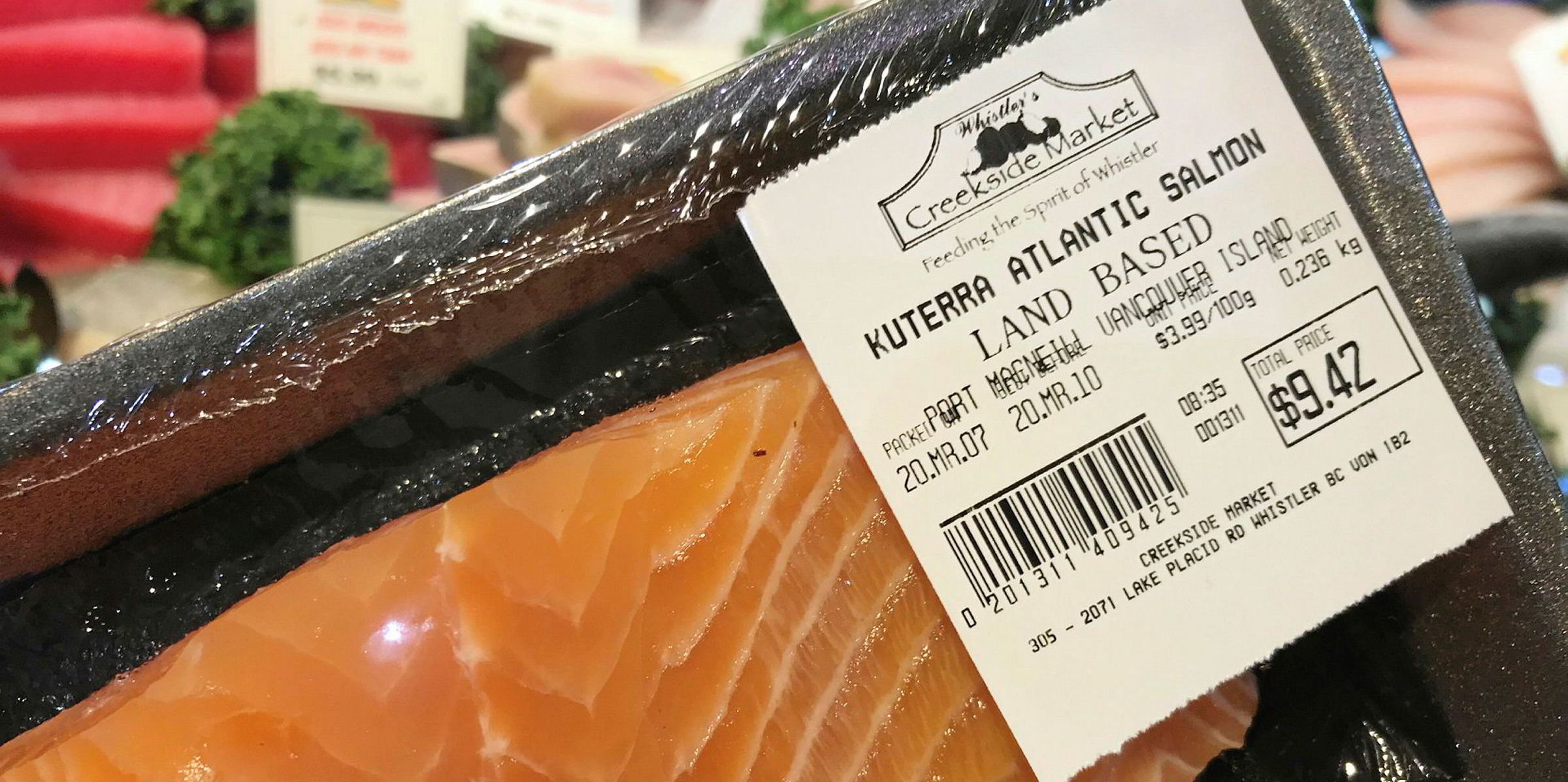In the development of land-based aquaculture feed, a number of characteristics in addition to those of conventional salmon feed are of huge importance, BioMar Norway Biofarm Manager Oda Hoyland told IntraFish following the company's launch this year of a feed specifically for salmon grown to full size on land.
"We work a lot with feces. It is very, very important," said Høyland. "Both the feed and feces must have as little leakage as possible to the aquatic environment. Therefore, we work to minimize the release of particles and how quickly the feces dissolve in the water."
In addition to the stool being as firm as possible, there should be as little of it as possible.
"We put together the feed of raw materials that are high in nutrients and easily digestible. Thus, we minimize the amount excreted as unused nutrients. In recirculating aquaculture systems (RAS), there are strict requirements for both physical and chemical feed quality to ensure the best possible water quality," she added.
Hoyland would not comment further on the raw materials used for this special feed and whether they are comprised of more or less marine raw materials than in conventional feed.
The RAS feed also has higher requirements for the feed pellet itself than what conventional feed requires, she said.
"It is important that the feed quality is high. It should not be a feed with dust and small particles that can contribute to reduced water quality."
Not just the fish
Hoyland says that when making a feed for fish in the RAS system, it's important to think about both the fish and the system.
"We must have two thoughts in mind at the same time. It is important that the feed is optimal for the biofilter as well," she said.
She says that all raw materials included in this feed are examined very thoroughly to ensure that they are "RAS compliant."
"What goes into the salmon affects what comes out of it, and thus the water quality," she said.
In addition, the sustainability of the raw materials is also assessed.
"It's a marker that permeates everything we do," she said.
Tough competition
In Norway, Biomar produces its RAS feed at the Karmoy plant, but much of its RAS feed is also produced in other countries.
Skretting announced earlier this year that it had been contracted to supply feed for Atlantic Sapphire, which has the world's largest land-based salmon facility in Florida. Biomar previous the main supplier.
"We do not want to comment on specific customer conditions, but we can say that competition in the market for RAS feed is fierce, as it is in other segments," said Hoyland.
She also would not comment on the volume of RAS feed the company sells, but said it is substantially less than the conventional feed sold by the company.
